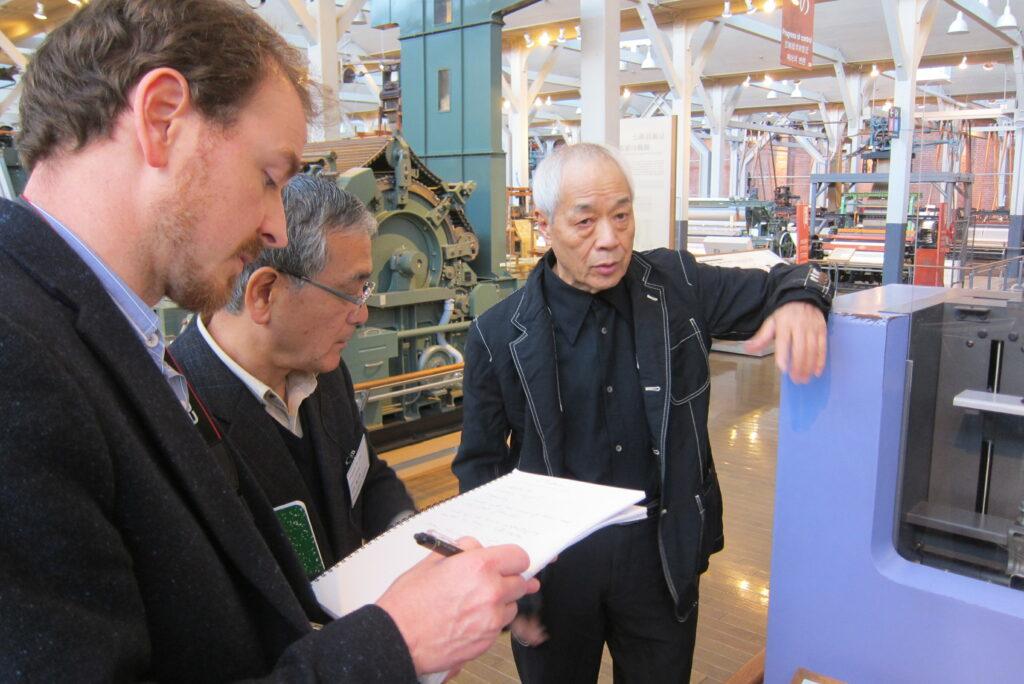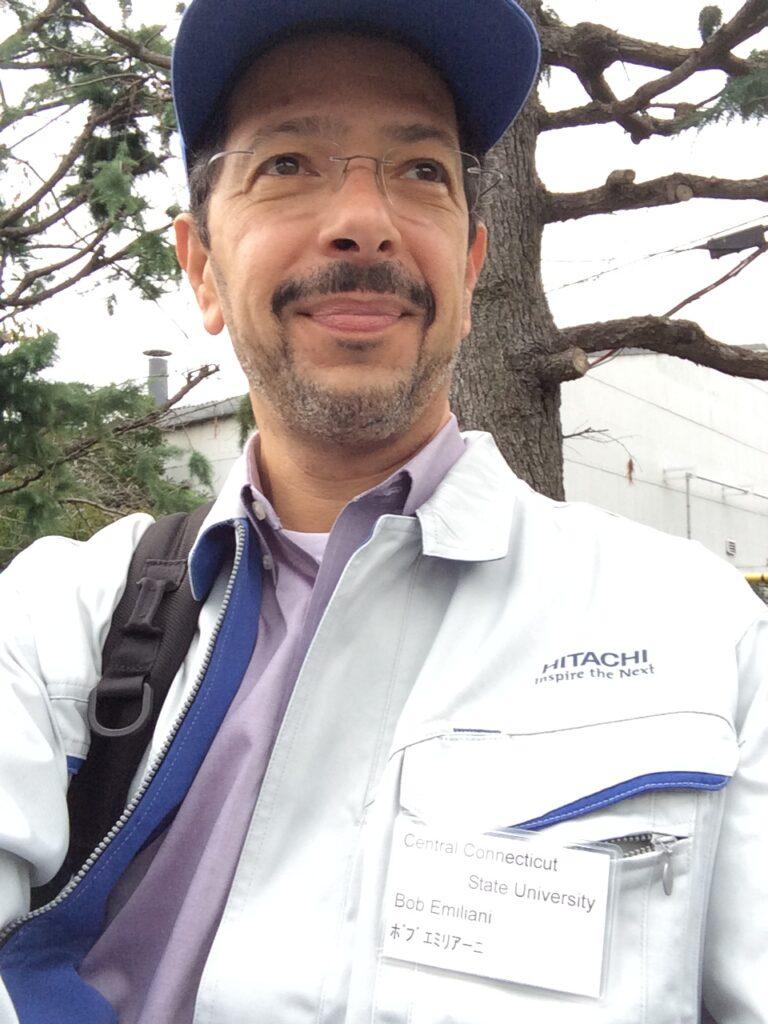
Today there are so many Japan study tours that it makes me wonder if these are not much more than the kinds of field trips we took when we were in elementary school.
In elementary school, we looked forward to field trips, as did teachers, because it was a day out of the dreaded classroom. We visited the art museum, the science museum, the aquarium, the planetarium, the prison (yes, that too, to scare us into being proper adults), and other sites of interest. The teacher or a docent told the kids about this and that, but we really did not know what we were seeing. Consequently, most kids came away from the experience from having learned very little. But it was fun.
Most of the Japan study tours are like that — adult field trips that are more Japan tours than study tours. Most of the tours are simply sightseeing, whether in companys or towns, eating, boozing, and just having a good time. These experiences are fun and interesting, but they do not challenge participants in any great way. Furthermore, the host companies expect more out of visitors than sightseeing and listening. They expect participants to prepare and ask good questions. Please don’t embarrass yourself and your group by asking stupid questions (yes, stupid, that’s how host company representatives will interpret them, I’ve seen it many times).
Don’t get me wrong, Japan is a wonderful country, a fabulous place to visit, outstanding food, and a culture that is so worth learning about. But what is your purpose for going? Is it for fun, is it for learning, or is it for gaining know-how. It should be the latter.
Some Japan study tours involve actual studying — rigorous hands on studying on the genba — where participants engage in genba kaizen and learn the Toyota-style industrial engineering (IT) methods that are used to improve processes. They make it hard on participants because the processes they assign you to improve are in pretty good shape already. So the challenge to find waste, unevenness, and unreasonableness is significant, and a lot critical thinking is required while simultaneously learning the IE methods and teamwork. The pressure that is put on you is much tougher than what you experience in your job. There is NO fooling around. It is all work, except for sleep.

If you go on a Japan study tour, make sure it is kind where you are immersed in the genba for at least two days, if not an entire workweek. But beware, your weaknesses will become exposed: you will stumble as you learn, you may reveal you propensity to “be the boss” and undercut teamwork (for which you will get scolded), you may reveal your lack of practical experience or vast library of irrelevant theoretical knowledge, and that you lack the basic ability to do simple calculations or a basic time study. A bruised ego will be the least of your problems. As you immerse yourself in kaizen, do not act like a know-it-all. Be humble; it is better to act like a know-nothing, because compared to your senseis, you are just that.
And never forget, the purpose of this type of Japan study tour is for you to apply your new know-how in your company when you return home — not 6 months later, but in the days after you come home. If you do not do that, you will have disrespected the sensei and taken advantage of the host company’s goodwill. So create a simple action plan and do it.
Whether you go on a fun sightseeing Japan study tour or a rigorous working Japan study tour, make sure to prepare ahead of time. Give lots of thought to your objectives, have many good questions ready to ask (don’t ask questions that Google or AI can dish out answers to you in seconds), and ask why. During bus rides from here to there, and after dinner, write down notes to summarize what you learned from kaizen and the wisdom that the sensei or host company has conveyed to you. Spend at least an hour a day doing that. You do not want to make the mistake of thinking you will remember part or all of your experience. Save your notes because you will refer to them again and again in the future.
And always be courteous and thankful to your hosts (especially if they scold you!). Learn enough Japanese, and practice it, to say the words that express your deep appreciation for them having taken the time and energy to teach you know-how and the deep wisdom of kaizen.
